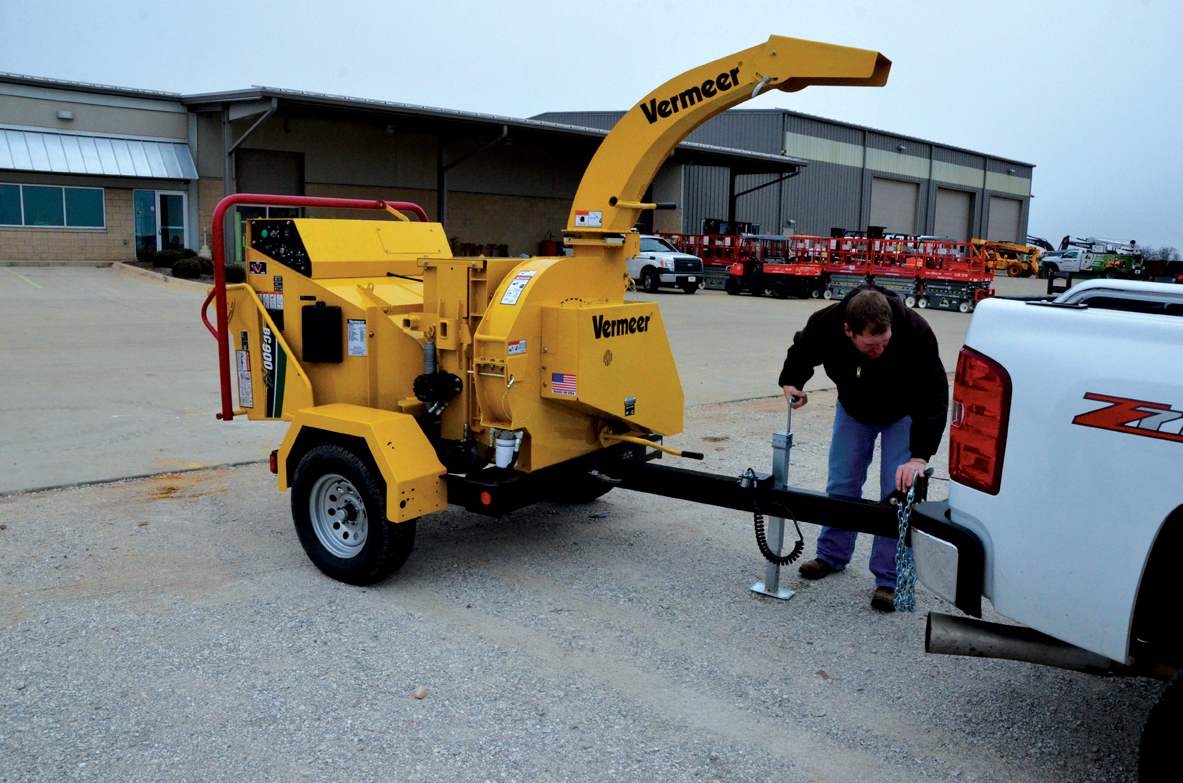You’ve already worked hard for other tree care companies in an occupation that is part of a difficult and demanding profession. You now recognize the financial potential of owning your own business. It’s a big step — even for individuals with considerable experience in tree care — and starting a new tree care service company can be a risky and challenging, although rewarding endeavor.

With proper planning, diligent research and strong work ethic, owning your own business is certainly attainable but here are several factors to consider before jumping in.
First, evaluate the market to get a realistic indication of the competitive landscape and determine need. This involves identifying all companies that provide services similar to those you would like to offer.
If possible, seek insights from experienced tree care professionals in non-competing markets to help identify unanticipated and threatening challenges, and recognize opportunities.
Business plan – a must
The startup phase of launching a commercial tree service involves intense planning, preparation and analysis. You should already have practical knowledge of the tree care business, and determined with as much confidence as possible given current economic climates and market trends that there’s indeed a place in the geography for another service provider — next comes a formal business plan.
A comprehensive business plan is a must for any emerging small business, but especially for commercial tree care service providers and similar companies in this extremely competitive industry. What’s more, a thorough business plan will likely be required if you are seeking to establish relationships with lenders.
Among the most important of several fundamental components, a formal business plan should include an in-depth competitive analysis that goes well beyond simply identifying competing companies. This analysis should delve into competing market share, customer lists, trade territory, market positioning, years in the business and possible competitive vulnerabilities. Understand this will be valuable in assisting you in developing effective positioning strategies designed to differentiate your new company from competitors in an already established and crowded marketplace.
Since a well-written business plan is also likely to be required by potential lenders, it should also contain realistic first-year and long-range sales and profit projections. The plan should also outline anticipated staffing, equipment and office space needs. Specific to equipment, Vermeer has a vast global network of dealers uniquely qualified to assist in identifying both immediate and potential future equipment needs based on your current service offering and long-range planning objectives.
“We take a great deal of pride in our ability to help customers match equipment needs to services and identify future needs based on projections and opportunities,” says Tyler Foster, environmental equipment solutions specialist with Vermeer North Atlantic, based in Lumberton, N.J. “We have considerable experience in many facets of tree care, and can provide recommendations for specific equipment that are both objective and realistic. This knowledge helps our customers avoid many of the most common missteps that startup tree service companies may overlook. It’s important to secure the right equipment that is reliable and get the job done efficiently, but not overextend companies financially.”
Your local Small Business Administration (SBA) office is a great resource for assisting new companies in developing a thorough, objective and realistic business plan.
Startup company checklist
- Thoroughly analyze the market to identify competition, opportunities, challenges
- Prepare a business plan
- Description of the business and services
- Estimates of income and expenses
- Competitive analysis
- Equipment, office and staffing needs
- Marketing strategy and mission statement
- Long-range objectives and financial projections
- Secure relationships with lenders
- Register with appropriate local, county, state and federal agencies
- Get tax identification number from the Internal Revenue Service
- Secure operating permits, licenses and insurance
- Become an accredited tree service company through the Tree Care Industry Association (TCIA) to establish credibility
- Promote your new company
